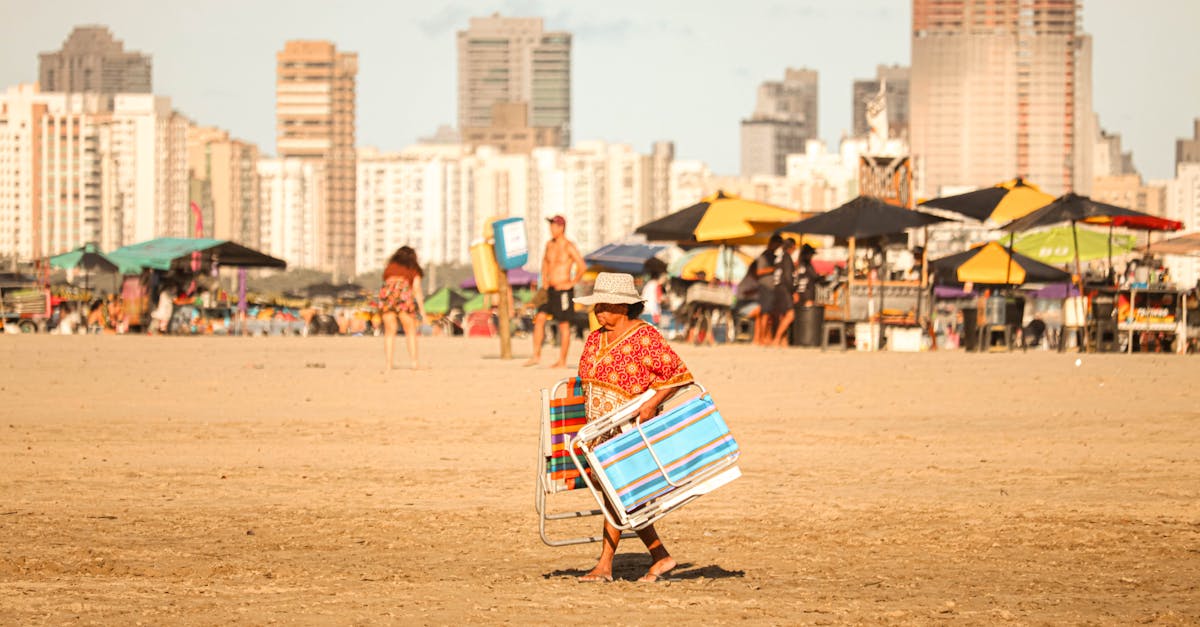Traveling to Somalia as an aid worker requires careful planning and preparation due to the country's complex security situation and logistical challenges. This guide provides essential steps and tips to ensure a safe and successful trip.
Understanding the Context
Somalia has faced decades of conflict, natural disasters, and political instability. As an aid worker, it's crucial to understand the local dynamics and risks before arriving. Research the current security situation and consult with your organization or local partners for updates.
Visa and Entry Requirements
- Visa Application: Most aid workers require a visa to enter Somalia. Apply through the Somali embassy or consulate in your home country.
- Invitation Letter: Some visas may require an invitation letter from a registered NGO or employer in Somalia.
- Passport Validity: Ensure your passport is valid for at least six months beyond your planned stay.
Safety and Security
Safety is a top priority when traveling to Somalia. Here are key precautions:
- Security Briefings: Attend pre-departure security training provided by your organization.
- Local Contacts: Establish reliable local contacts who can provide guidance and support.
- Avoid High-Risk Areas: Stay informed about regions with active conflict or high crime rates.
Logistics and Accommodation
- Flights: Most international flights land in Mogadishu or Hargeisa. Book flights well in advance.
- Accommodation: Secure lodging through your organization or trusted local providers. Many NGOs have guesthouses for staff.
- Transportation: Use vetted drivers and vehicles arranged by your organization.
Health Precautions
- Vaccinations: Ensure you're up-to-date on vaccinations like yellow fever, hepatitis A and B, and typhoid.
- Medical Kit: Carry a comprehensive medical kit, including malaria prophylaxis if traveling to endemic areas.
- Insurance: Confirm your health insurance covers emergency evacuations.
Cultural Sensitivity
Respect local customs and traditions to build trust with communities:
- Dress Modestly: Wear conservative clothing, especially in rural areas.
- Language: Learn basic Somali phrases to facilitate communication.
- Behavior: Avoid public displays of affection and adhere to local norms.
Conclusion
Traveling to Somalia as an aid worker is a challenging but rewarding experience. By following these guidelines, you can navigate the complexities and focus on making a meaningful impact. Stay informed, prioritize safety, and embrace the opportunity to support vulnerable communities. 🎯

Latest Articles

Affordable Glamping Spots Worldwide Guide
Discover top tips for finding budget-friendly glamping spots around the world. Perfect for nature lovers on a budget!

Airbnb Crackdown in Barcelona Short-Term Rental Impact
Learn how Barcelona's Airbnb crackdown affects short-term rentals, regulations, and what it means for hosts and travelers.

Affordable Travel to Antarctica Budget Tips
Discover how to explore Antarctica without overspending with these budget-friendly travel tips and tricks.

Beginner's Guide to Planning a Ski Trip to Switzerland
Discover how to plan your first ski trip to Switzerland with tips on resorts, gear, and budgeting for beginners.

Avoid Jet Lag on Business Trips to Asia
Learn effective strategies to prevent jet lag and stay productive during your business trip to Asia. Simple tips for better sleep and energy.

Avoid Jet Lag on Long-Haul Flights Easily
Learn proven tips to avoid jet lag on long flights, from hydration to sleep schedules. Travel refreshed!
